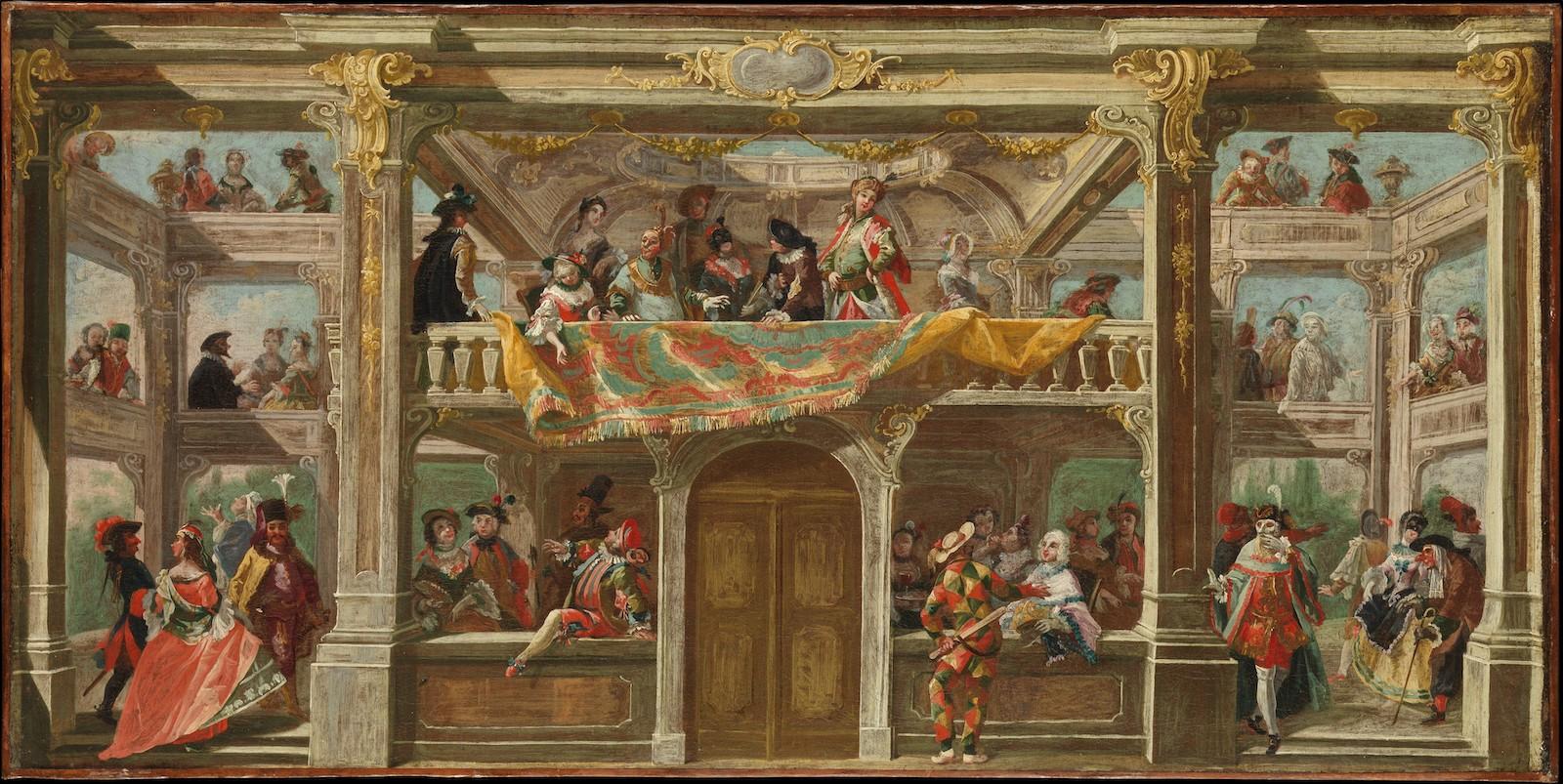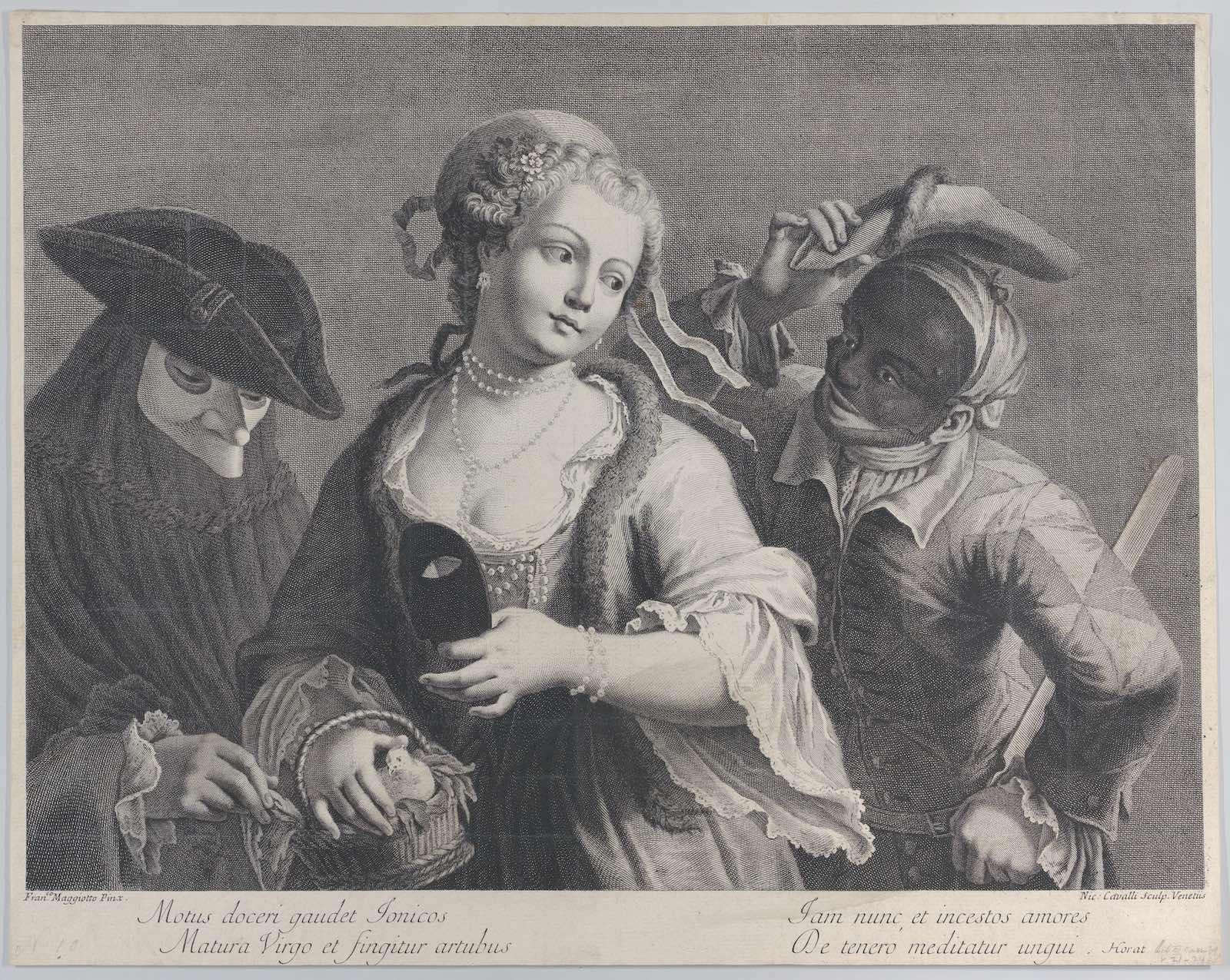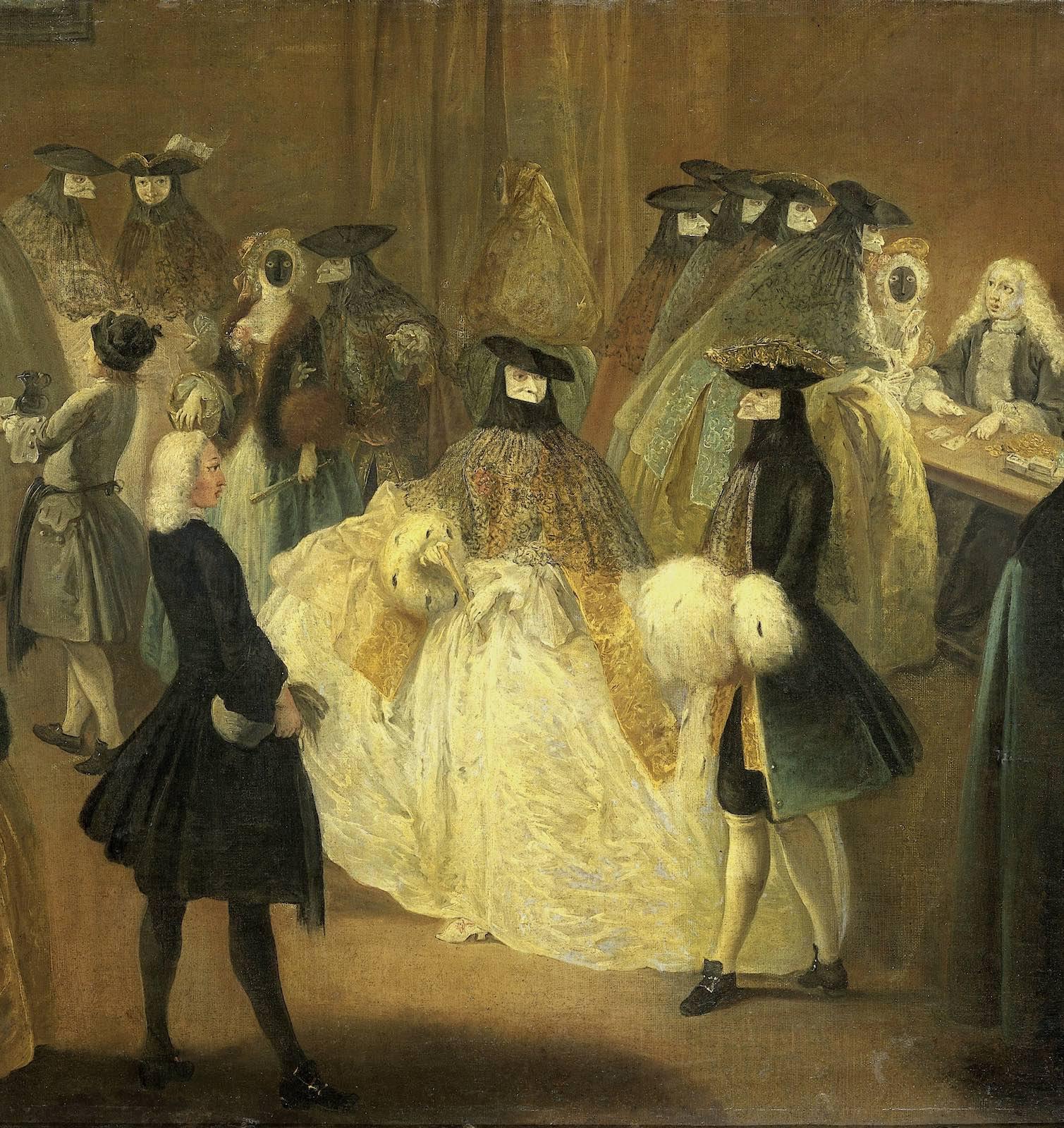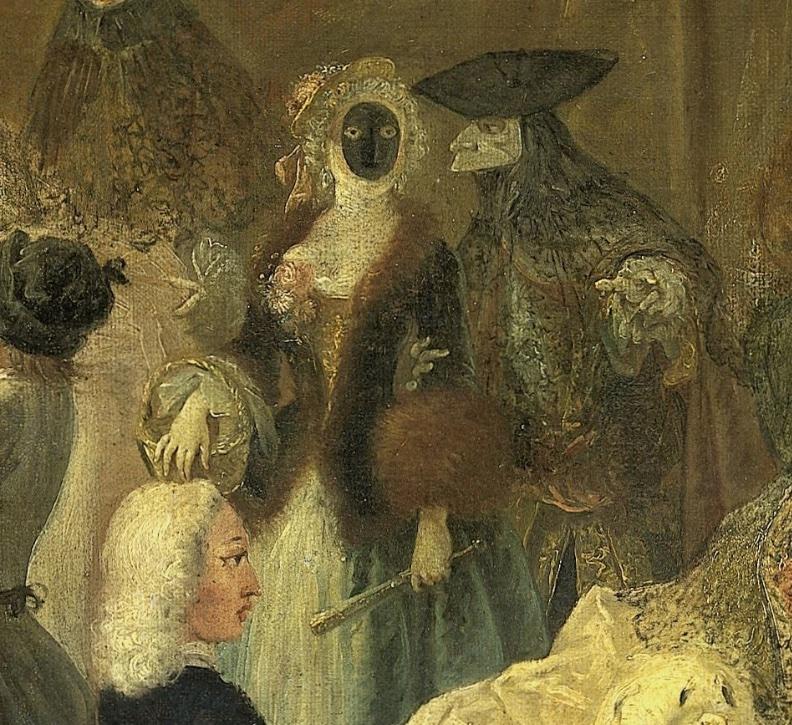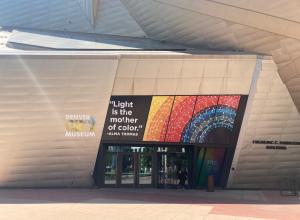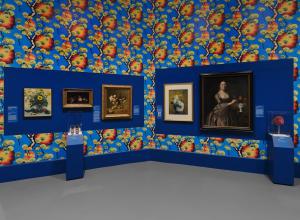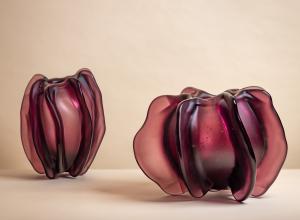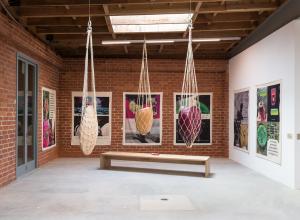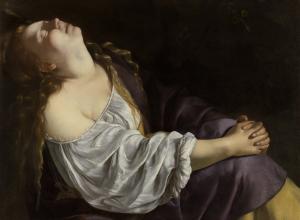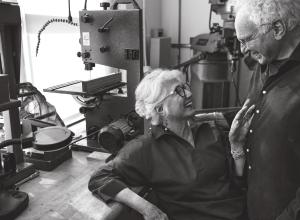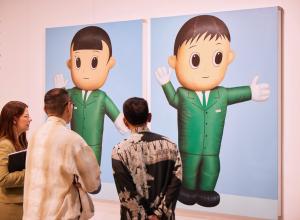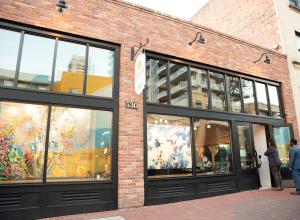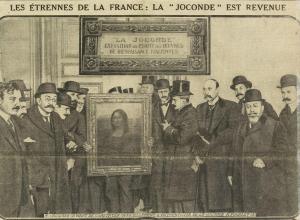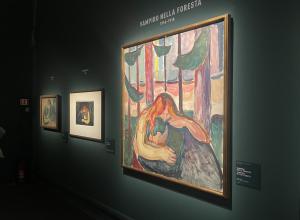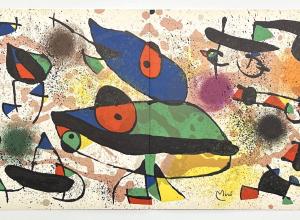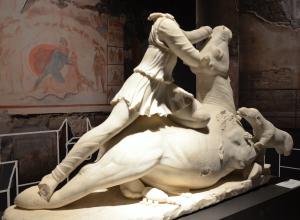Njoku asserts that Carnival was originally a celebration of gratitude for the cycles of life and the earth, similar to other astrologically based ancient religions that honored the duality of the old and the new. One of the most remarkable findings of Njoku’s research is that the festival promoted and honored fertility and creation as a means of sustaining growth.
However, as urbanization, industrialization, and Enlightenment philosophy spread across Italy, this emphasis on, and ritual of, fertility within Carnival transformed. Ultimately, the celebrations shifted into a period of what Njoku considers slothfulness, gluttony, eroticism, and anti-establishment rhetoric. Carnival became so notoriously associated with greed, violence, and immorality that, by the eighteenth century, masks were viewed as a nuisance and were banned in most sacred spaces.
Traditionally, wearing a mask and attending Carnival was reserved exclusively to men, but by the seventeenth century women began to receive permission to don masks and participate in this celebration of freedom. Masks were originally simple in design, however, as participation in Carnival became more common and the festival grew, masks became increasingly elaborate.
Arguably, the most popular Venetian mask is the Colombina mask: An ornate half-mask, adorned with jewels, feathers, and paint. This mask is either secured with a ribbon around the head or held in place on a baton.




